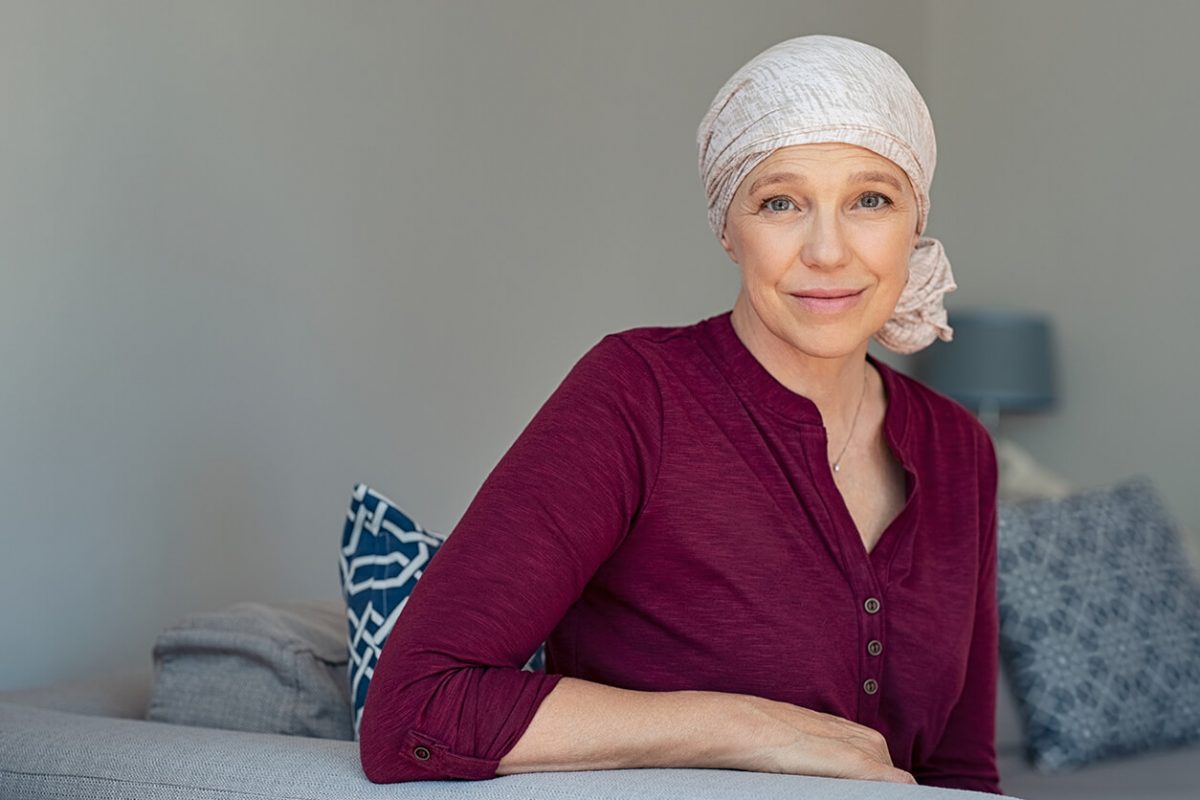
What is Psychosocial Oncology?
When someone is sick, everything changes. Medical appointments become a permanent reminder on the calendar, younger siblings can feel worried or emotionally neglected, tensions between spouses can arise, financial problems can result from missed work or medical expenses.
Being able to cope with the medical condition, as well as all the worries that come with it, can be overwhelming. Logistics related to scheduling and trying to balance work, school, social obligations, and family life can be difficult. As different parts of life are impacted, coping with resulting emotions raging from guilt, grief, anger, and sadness can be especially difficult.
Whether or not you have cancer, or a loved one does, support can make a world of difference to help get you through this difficult time.
Caregiver Burnout
When a loved one is sick, family and friends often try to help out as much as possible, whether it’s making meals, cleaning up around the house, attending doctor’s appointments, or being a shoulder to cry on.
When all you want is for your loved one to be happy and healthy, you might start helping out, sometimes even giving more than the resources you possess. It can be hard to pull back or say no and focus on your own mental health and well-being, especially when you see that person suffering.
Ironically, helping yourself is a way to help them, because you “can’t pour from an empty cup”. The heart always pumps blood to itself first – and you need to too. If you are feeling overwhelmed, scared, drained or just need support, therapy can really help. This way you can share your concerns without worrying that you are burdening the loved one who is already coping with so much, and balance providing support to them while also focusing on your own needs.